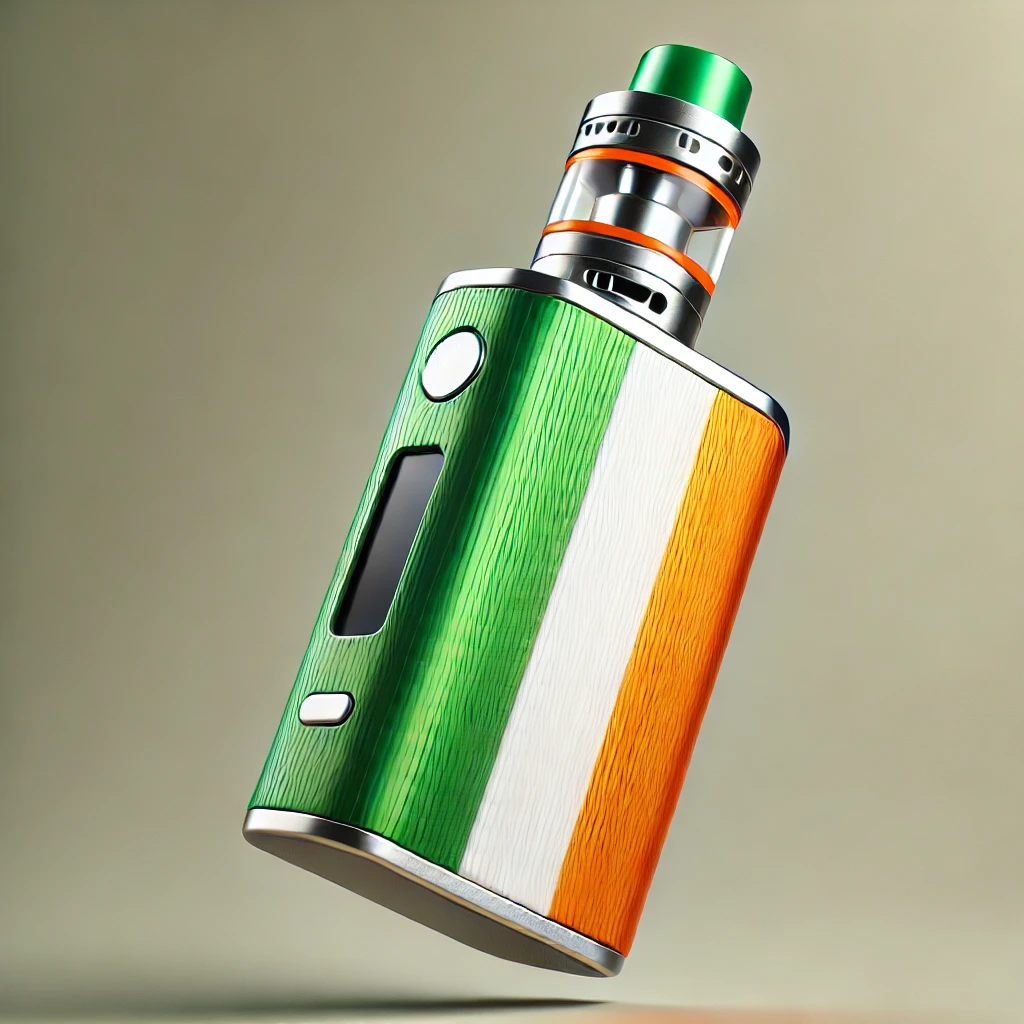The Irish government is set to introduce a ban on disposable vapes to tackle environmental and health concerns.

The Irish cabinet is expected to approve a landmark decision banning disposable vapes. This move is part of a broader strategy to reduce waste, address health risks, and curb vaping among younger generations. With this approval, Ireland will join other nations taking firm action against the growing use of disposable e-cigarettes.
Why Ban Disposable Vapes?
Disposable vapes have surged in popularity, especially among teenagers. Despite being marketed as a safer alternative to traditional smoking, they pose significant risks. Health officials have raised concerns about the long-term effects of vaping, especially with nicotine addiction rates rising among young people.
Additionally, disposable vapes contribute to environmental problems. These single-use devices are made of plastic and metal, which are difficult to recycle. Many end up in landfills, adding to the country’s growing waste problem. With millions of these vapes discarded each year, Ireland aims to reduce its environmental footprint by eliminating them from the market.
Government’s Concerns About Youth Vaping
A key factor driving this decision is the alarming increase in vaping among Irish teenagers. Studies show that disposable vapes, with their attractive flavors and affordable prices, are particularly popular among younger users. The Irish government sees this ban as a necessary step in protecting the nation’s youth from developing long-term nicotine addictions.
The Ban’s Potential Impact
Once approved, the ban on disposable vapes will likely have several effects:
- Environmental Benefits: Fewer disposable vapes in circulation mean less plastic waste in landfills, aligning with Ireland’s sustainability goals.
- Public Health Improvements: Reducing access to disposable vapes could decrease nicotine addiction among younger populations, especially teens.
What’s Next?
After the cabinet’s approval, it is expected that the ban will be enforced quickly. Retailers will need to adjust their inventories, and consumers will have to explore alternative vaping methods or quit vaping altogether.
Ireland’s decision could set an example for other countries, urging them to address the environmental and public health impacts of disposable vapes.
Conclusion
Ireland’s upcoming ban on disposable vapes represents a bold step toward creating a healthier and more sustainable future. As other nations watch closely, this move could signal the beginning of wider global action against disposable e-cigarettes.
If any of the challenges outlined in this article are impacting you, please reach out to us, and our team will try to assist in any way we can.


